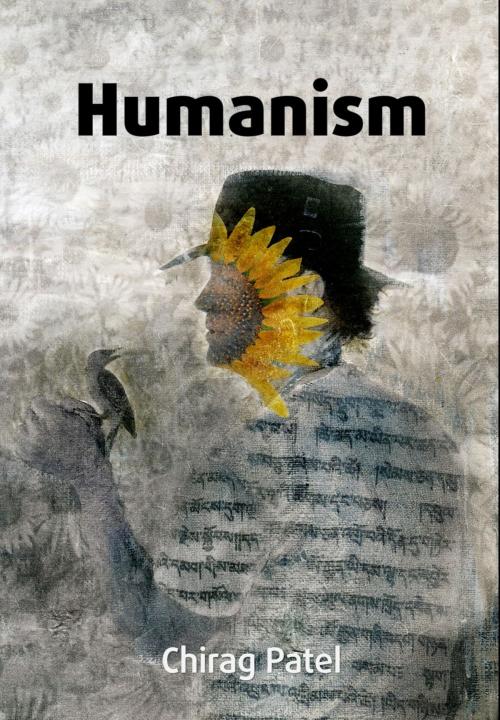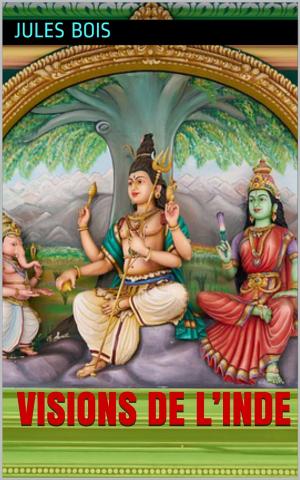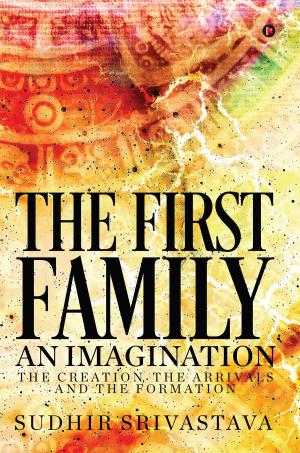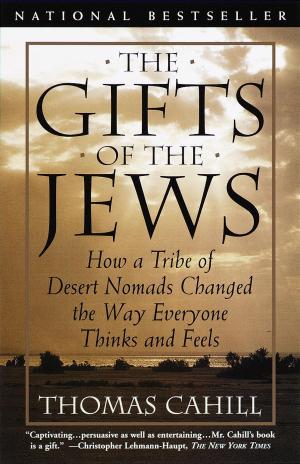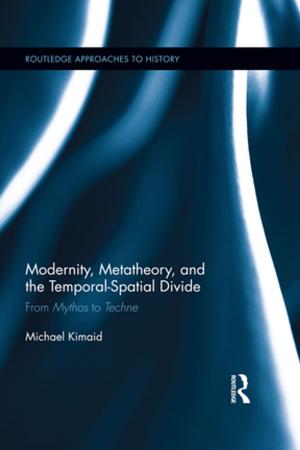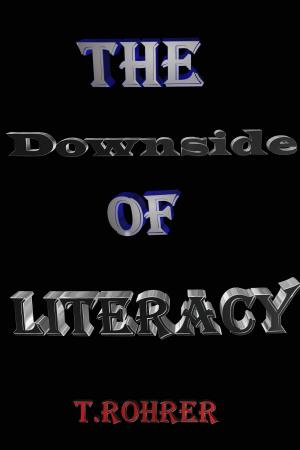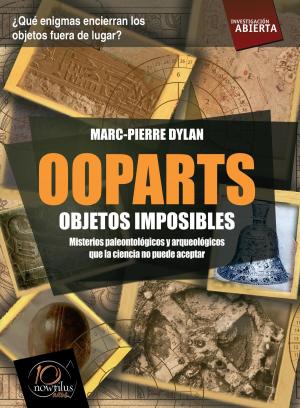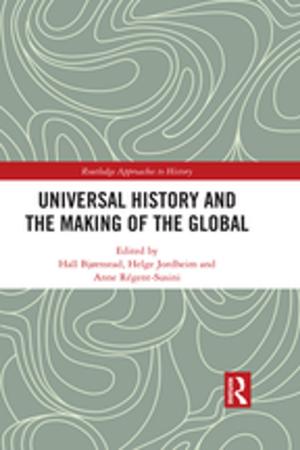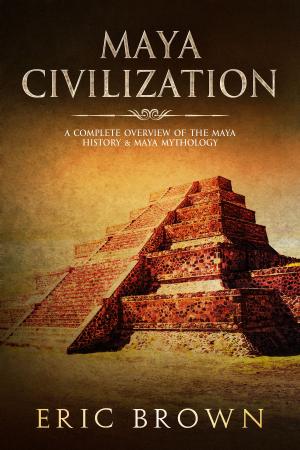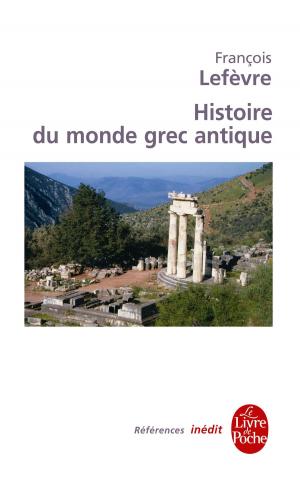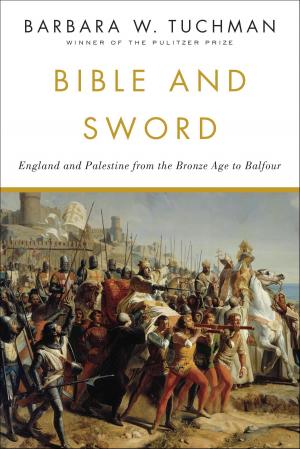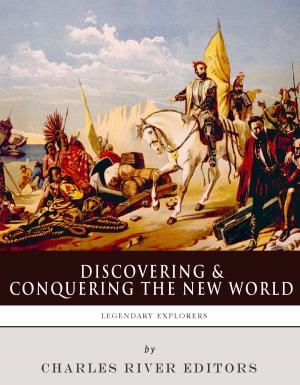Humanism: The Untold Tale
Nonfiction, Religion & Spirituality, Philosophy, Humanism, History, Civilization| Author: | Chirag Patel | ISBN: | 9781311087232 |
| Publisher: | Chirag Patel | Publication: | September 28, 2015 |
| Imprint: | Smashwords Edition | Language: | English |
| Author: | Chirag Patel |
| ISBN: | 9781311087232 |
| Publisher: | Chirag Patel |
| Publication: | September 28, 2015 |
| Imprint: | Smashwords Edition |
| Language: | English |
What is humanism? For a long time, I thought I knew. I was wrong, though. I thought it was a branch of philosophy that had been born in the renaissance, and become the foundation for the Enlightenment and everything that came after.
Looking back, I see that that was horribly Eurocentric. Of course, I learned about it growing up in England, so of course I would be told it was European.
The real truth is hugely more sophisticated and ancient. Once I began to realise just how much verified contact between cultures there had been over the millennia, and how much of what I was told was humanism was a remnant of an older belief system, I knew something closer to the truth.
This is the story of a history and tradition as long and complex as any major religion, and far older than most. It has traced a conceptual path around Eurasia, holding onto remnants of each place. Today, part of humanism is the spiritual path trod in India, the ethics born in Confucianist China, and the legal system that came forth in medieval Islam.
Secular humanism has hidden much of this history from us. In insisting that humanism is a science-based, post-enlightenment European project, it has left us without the core spiritual and social components that humanism's rich history has left us.
This book aims to redress the balance by exploring Humanism's path from China, through India, the Middle East, northern Africa and finally Europe.
Humanism is the one strand of belief that’s never had a real home, but instead has travelled across cultures, ending up trapped within the narrow blinders of scientific humanism. This is its real path and tale.
Chapter summary
1: The Real History of Humanism (600BCE – 1600CE): there is a common and continuous Eurasian tradition of humanism from around 600 BCE. Buddhism, Daoism, Confucianism, and fiqh form a traceable conceptual lineage that shows the evolution of humanism from spiritual to ethical and legal, persisting in modern notionally Secular Humanism.
2: Spiritual Humanism (600BCE – 200CE): The first humanist cultures were born under Buddhism and Daoism, rejecting the metaphysical but retaining the spiritual. This creates a model for humanism that is largely lacking in secular humanist discourse.
3: Confucianism As The Source Of Humanist Ethics (200-700CE): The first practical, coherent humanist ethical system was Confucianism, which still forms a baseline for humanist ethical practice.
4: The Influence Of Abbasid Law And Culture On Post-Renaissance Europe (700-1200CE): The culture that was born in the renaissance, and in which humanism is deeply embedded, in fact originated in the Middle East. This extended to academic, legal and ethical strictures that persist in modern Europe.
5: Mindfulness, Modern Medicine, And The Debt To Humanist History (modern era): Modern medical practice, amongst many other fields, could benefit from looking to humanism’s past for codifications on legal, ethical and spiritual matters.
What is humanism? For a long time, I thought I knew. I was wrong, though. I thought it was a branch of philosophy that had been born in the renaissance, and become the foundation for the Enlightenment and everything that came after.
Looking back, I see that that was horribly Eurocentric. Of course, I learned about it growing up in England, so of course I would be told it was European.
The real truth is hugely more sophisticated and ancient. Once I began to realise just how much verified contact between cultures there had been over the millennia, and how much of what I was told was humanism was a remnant of an older belief system, I knew something closer to the truth.
This is the story of a history and tradition as long and complex as any major religion, and far older than most. It has traced a conceptual path around Eurasia, holding onto remnants of each place. Today, part of humanism is the spiritual path trod in India, the ethics born in Confucianist China, and the legal system that came forth in medieval Islam.
Secular humanism has hidden much of this history from us. In insisting that humanism is a science-based, post-enlightenment European project, it has left us without the core spiritual and social components that humanism's rich history has left us.
This book aims to redress the balance by exploring Humanism's path from China, through India, the Middle East, northern Africa and finally Europe.
Humanism is the one strand of belief that’s never had a real home, but instead has travelled across cultures, ending up trapped within the narrow blinders of scientific humanism. This is its real path and tale.
Chapter summary
1: The Real History of Humanism (600BCE – 1600CE): there is a common and continuous Eurasian tradition of humanism from around 600 BCE. Buddhism, Daoism, Confucianism, and fiqh form a traceable conceptual lineage that shows the evolution of humanism from spiritual to ethical and legal, persisting in modern notionally Secular Humanism.
2: Spiritual Humanism (600BCE – 200CE): The first humanist cultures were born under Buddhism and Daoism, rejecting the metaphysical but retaining the spiritual. This creates a model for humanism that is largely lacking in secular humanist discourse.
3: Confucianism As The Source Of Humanist Ethics (200-700CE): The first practical, coherent humanist ethical system was Confucianism, which still forms a baseline for humanist ethical practice.
4: The Influence Of Abbasid Law And Culture On Post-Renaissance Europe (700-1200CE): The culture that was born in the renaissance, and in which humanism is deeply embedded, in fact originated in the Middle East. This extended to academic, legal and ethical strictures that persist in modern Europe.
5: Mindfulness, Modern Medicine, And The Debt To Humanist History (modern era): Modern medical practice, amongst many other fields, could benefit from looking to humanism’s past for codifications on legal, ethical and spiritual matters.
